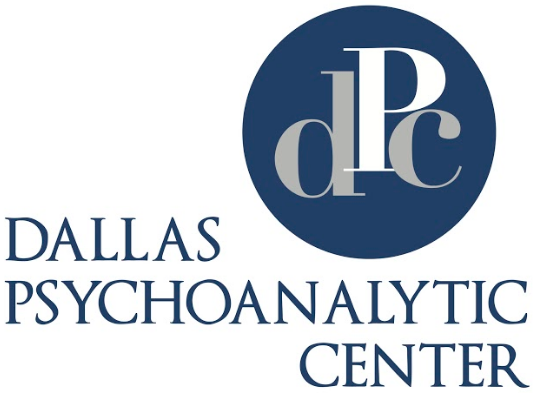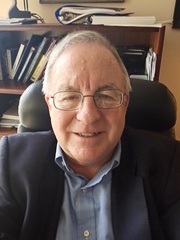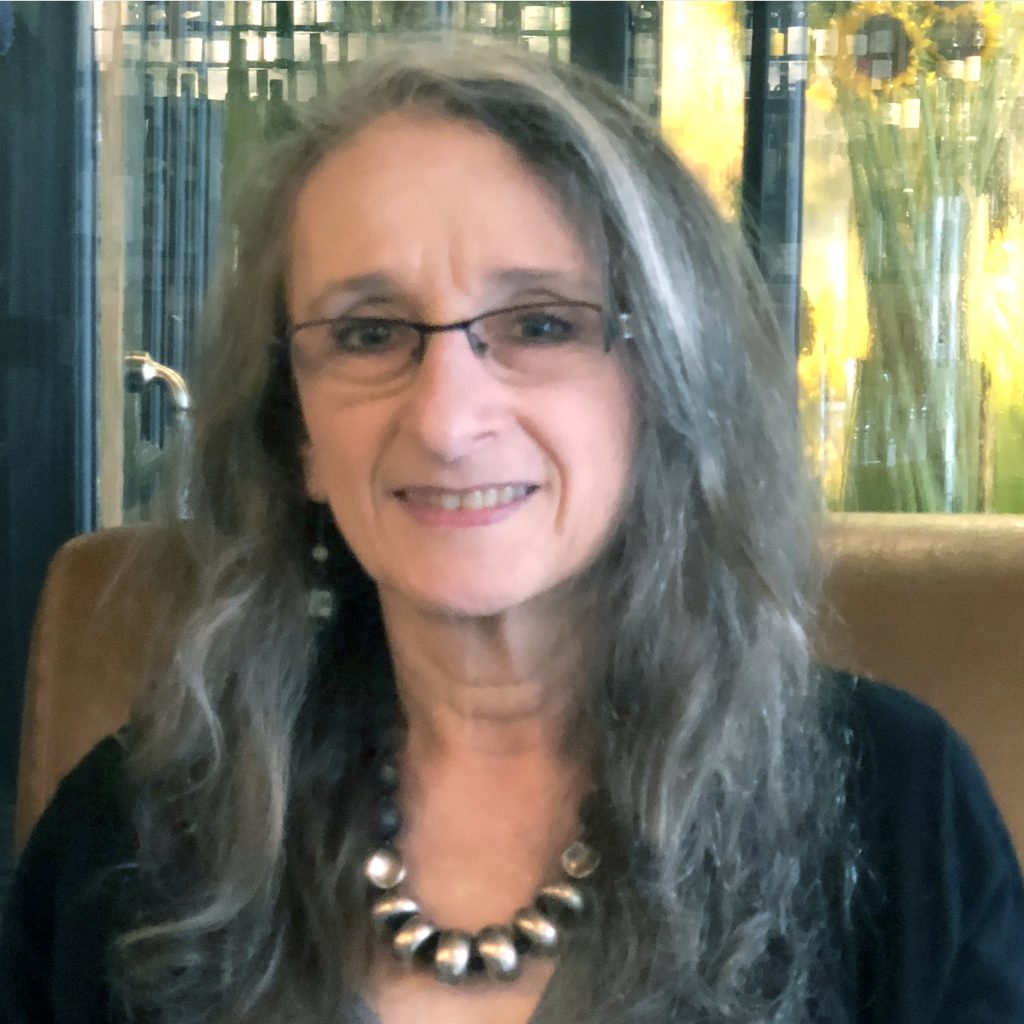
ETHICS WORKSHOP
Title: A Note on Aggression, Disagreement, and Disillusionment in Psychoanalysis Today
Presenters: Gerald Melchiode, MD and Alice Lombardo Maher, MD
Date/Time: Saturday, November 16, 2024 from 9:00 am - Noon CENTRAL TIME
Location: Live Stream via Zoom from Dallas, TX
Credit Hours: 3 ETHICS credit hours
Description:
The seminar addresses key skills for mental health professionals in psychoanalysis, emphasizing the importance of exploring and managing aggression, handling patient resistance, and interpreting negative transference. It highlights the need to tolerate and manage disagreements with colleagues and within therapeutic relationships, fostering open discussions. Coping with unrealistic expectations and idealizations in training and professional practice is essential for managing disillusionment. The speaker advocates for promoting a transparent and ethical environment in psychoanalytic institutions by discussing ethical principles, addressing organizational power dynamics, and suggesting to professionals to be curious and assertive in exploring patients’ minds, including uncomfortable aspects like sexual lives and fantasies. These skills aim to enhance the effectiveness and ethical practice of psychoanalysts and mental health professionals.
Gerald Melchiode emphasizes the importance of confronting and understanding aggression in psychoanalytic practice. He critiques the avoidance of difficult topics such as conflict, negative transference, and aggression, which he argues are essential for genuine therapeutic progress. Melchiode also highlights the problems within psychoanalytic training, where disagreement is often discouraged, leading to a culture of passive submission and resentment. He advocates for greater transparency, open dialogue, and a more collaborative psychoanalytic education and supervision approach.
Alice Lombardo Maher discusses psychoanalysis's broader implications in addressing societal toxic polarization. She argues that psychoanalysis is vital in helping people navigate deep ideological differences, but only if it moves beyond traditional models that pathologize disagreement. Instead, Alice proposes a new model based on understanding and respecting differences, fostering real dialogue, and creating safe spaces for communication. Her approach from her book "Catalysis: A Recipe to Slow Down or Abort Humankind's Leap to War," aligns with Melchiode's call for openness and the need to confront difficult emotions and conflicts directly.
Both teachers complement each other by advocating for a shift in psychoanalytic practice and education towards embracing conflict and disagreement as necessary components of both therapeutic progress and broader social understanding. They call for a move away from avoidance and toward a more transparent, dialogic, and inclusive approach that acknowledges and works through differences rather than suppressing them. emphasizes the importance of confronting and understanding aggression in psychoanalytic practice. He critiques the avoidance of difficult topics such as conflict, negative transference, and aggression, which he argues are essential for genuine therapeutic progress. Melchiode also highlights the problems within psychoanalytic training, where disagreement is often discouraged, leading to a culture of passive submission and resentment. He advocates for greater transparency, open dialogue, and a more collaborative psychoanalytic education and supervision approach.
Learning Objectives:
-
Analyze the Role of Aggression in Psychoanalytic Therapy
-
Discuss Disagreement and Its Consequences in Psychoanalytic Institutions
-
Explain the Process and Importance of Addressing Negative Transference

In 1980, Gerald “Jerry” Melchiode, M.D. arrived in Dallas from Philadelphia to become the first Director of Education with the Department of Psychiatry at UT Southwestern Medical Center. He was also excited to join a small band of analysts to help develop a psychoanalytic movement in Dallas. He subsequently became President of the Dallas Psychoanalytic Society, the Dallas Psychoanalytic Institute and the Dallas Foundation for Psychoanalysis. He has always loved teaching and supervision and is currently focusing on improving these endeavors on a local and national level. In 2016, he and his wife, Margery moved to Ann Arbor, Michigan to take part in the lives of their 7th and 9th grandchildren. Along with teaching and supervision in Dallas, he also trains residents and psychoanalytic candidates in Michigan. He maintains a private practice where he treats patients from both Texas and Michigan.

Alice Lombardo Maher, MD, is a psychiatrist and psychoanalyst in private practice in New York City. She graduated from the Albert Einstein College of Medicine and the Psychoanalytic Association of New York, affiliated with NYU Langone Health. She is the founder and president of Changing our Consciousness (COC), a non-profit organization dedicated to emerging a new language for communication across psychological divides. Alice founded COC and its educational arm, Emotional Imprint, to develop tools to share with young people. She co-created two documentaries on mental health stigma, "How to Touch a Hot Stove," and "Daniel, Debra, Leslie (and You?)." Her most recent project is Waging Dialogue, which is dedicated to the emergence of effective communication across interpersonal and intergroup divides. Her book, Catalysis: A Recipe to Slow Down or Abort Humankind's Leap to War, was published in 2018. She was selected to present at Cartagena's 2023 International Psychoanalytic Association Congress.
alicelmaher.org
References:
Shapiro, E. L. (2024) Aggression in Psychodynamic Psychotherapy and Supervision: Becoming a More Effective Therapist. Psychodynamic Psychiatry 52:96-113
Strozier, C. B., Strug, D. L., Pinteris, K. & Kelley, K. (2017) Heinz Kohut's Theory of Aggression and Rage. Psychoanalytic Psychology 34:361-367
Levine, H. B. (2017) Aggression and Psychoanalysis: Reflections. Canadian Journal of Psychoanalysis 25:43-59
|
Registration Fee Nov.1 -15:
DPC Candidate $50
DPC Adv. Candidate $75
DPC Member $100
Non DPC Member $125
Early Career Clinicians/Residents* $100
* early career clinicians in their first year of practice and residents
|
|
*Please contact DPC Admin. to register for this event: monique@dalpsa.org
Payment in advance is required at the time of Registration.
Registration is REQUIRED and CLOSES at 4:30 PM Central Time on November 15, 2024.
Zoom link will be sent to all registered participants after registration closes on Nov. 15.
|
Continuing Medical Education
ACCME Accreditation Statement
This activity has been planned and implemented in accordance with the accreditation requirements and policies of the Accreditation Council for Continuing Medical Education (ACCME) through the joint providership of American Psychoanalytic Association and the Dallas Psychoanalytic Center. The American Psychoanalytic Association is accredited by the ACCME to provide continuing medical education for physicians.
AMA Credit Designation Statement
The American Psychoanalytic Association designates this live activity for a maximum of 3 AMA PRA Category 1 Credit(s)™. Physicians should claim only the credit commensurate with the extent of their participation in the activity.
Disclosure Statement
The APsA CE Committee has reviewed the materials for accredited continuing education and has determined that this activity is not related to the product line of ineligible companies and therefore, the activity meets the exception outlined in Standard 3: ACCME's identification, mitigation and disclosure of relevant financial relationship. This activity does not have any known commercial support.
Licensed Professional Counselors
In accordance with the Texas Behavioral Health Executive Council rules, Dallas Psychoanalytic Center can provide continuing education to Licensed Professional Counselors. The rules on continuing education course requirements can be found here.
Social Workers
In accordance with the Texas Behavioral Health Executive Council rules, Dallas Psychoanalytic Center can provide continuing education to Social Workers. The rules on continuing education course requirements can be found here.
Licensed Marriage and Family Therapists
In accordance with the Texas Behavioral Health Executive Council rules, Dallas Psychoanalytic Center can provide continuing education to Licensed Marriage & Family Therapists. The rules on continuing education course requirements can be found here.
Psychologists
In accordance with the Texas Behavioral Health Executive Council rules, Dallas Psychoanalytic Center can provide continuing education to psychologists. Licensees are encouraged to read rule 463.35 for complete information on professional development hours and provider requirements. The rules on continuing education course requirements can be found here.
|